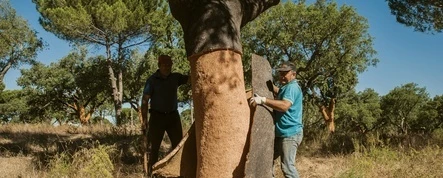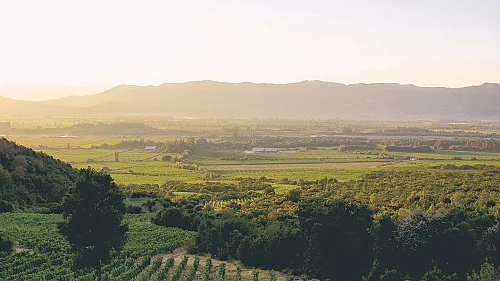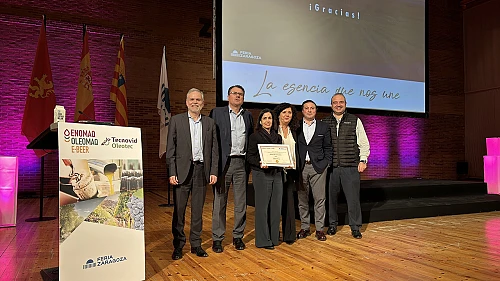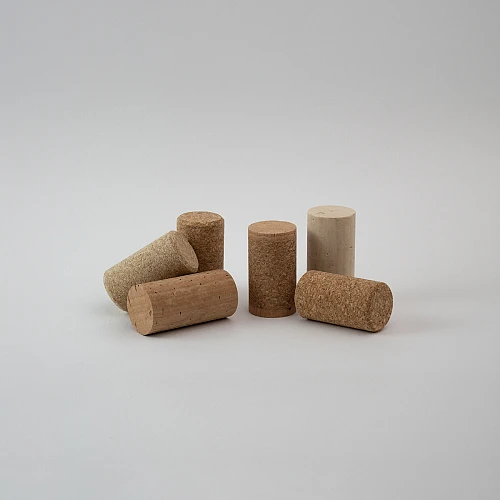- Media Center
- News
News Media Center

The cork oak and natural cork play an instrumental role in the fight against climate changes
A well-managed cork oak forest can sequester 14.7 tons of CO2 per hectare and per year.
According to the findings from a recent survey by ISA (Portuguese Higher Institute of Agronomy), the CO2 retention capacity of a cork oak forest can reach 14.7 tons per hectare and per year. Special attention should be paid to these data at a time when the UN Climate Summit has just been held with the purpose of accelerating binding commitments to protect the environment and thus prevent further global warming.The most recent report released by the United Nations' Intergovernmental Panel on Climate Change (IPCC) reiterates what the scientific community has long been advocating: that increasing concentrations of greenhouse gases in the atmosphere (such as carbon dioxide - CO2) are responsible for major climate changes and that the medium-term carbon capture and storage in forests can contribute to mitigate CO2 emissions from fossil fuels.Keeping abreast of global efforts to quantify the carbon balance, the European Union has established ICOS - Integrated Carbon Observation System, based on which research work has been carried out in Portugal with a view to quantifying the annual carbon sequestration ability of cork oak forests.For example, in 2006, a sparsely populated cork oak forest (about 30% canopy cover) in Évora (Portugal) sequestered 179 g of carbon per m2 per year (or 6.56 tons of CO2 sequestered per hectare and per year). However, recent studies carried out by ISA to estimate the annual carbon sequestration capacity of a well-managed cork oak forest boasting good soil and climatic conditions, show that such a forest has a carbon sequestration capacity of 400 g per m2 and per year or 14.7 tons of CO2 per hectare and per year.
If these data are extrapolated to the global scale, cork oak forests in the western Mediterranean basin have the capacity to sequester about 30.66 million tons of CO2 per year.
The importance of cork oak forests in fighting climate changes has long been praised by prestigious international institutions such as WWF. This organization has recently published the findings of a study entitled "The Cork Oak - a barrier against desertification", which was carried out in partnership with CEABN (Centre for Applied Ecology "Professor Baeta Neves"). According to this paper, in the present setting of climate changes, it is widely accepted that significant canopy cover changes will occur in Portugal, with the country (especially its interior and southern regions) being at risk of desertification. In this context, it is imperative "to ensure the vitality and regeneration of the cork oak south of the Tagus and its expansion to the north, as a way of fighting desertification."
Also related: Corticeira Amorim's operations enable the retention of more than 2 million tons of CO2 per year





